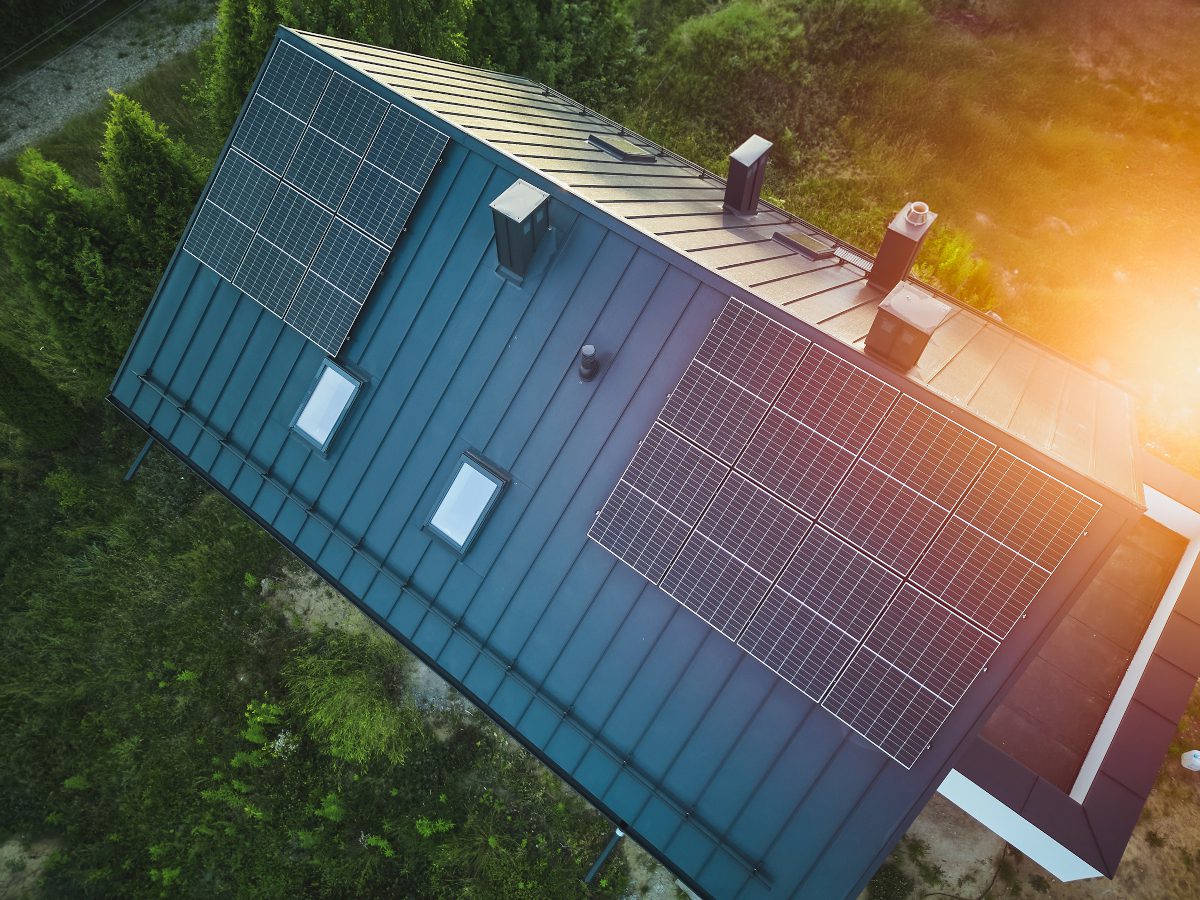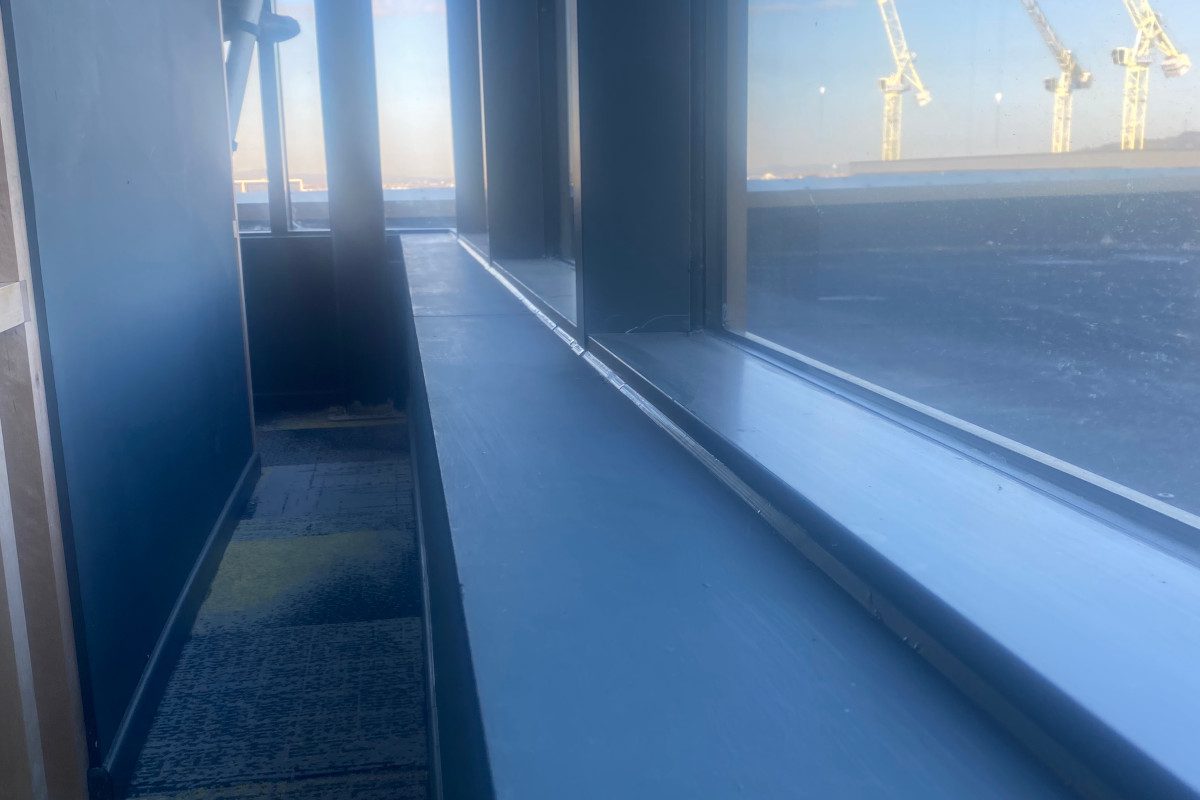Dominion Energy and Appalachian Power, Virginia’s two primary utilities, may soon be able to extract hundreds of millions of dollars from customers to cover the costs of building small nuclear facilities, an unproven form of emissions-free energy generation.
Senate Bill 454, introduced by Sen. Dave Marsden, a Democrat representing Springfield, authorizes Dominion and Appalachian Power to apply for rate adjustments for costs along the project timeline regardless of whether the companies bring the projects to fruition. House Bill 1491, introduced in Virginia’s House by Rep. Israel O’Quinn, a Republican representing Bristol, is effectively the same piece of legislation, except it applies to a narrower set of costs and only to Appalachian Power.
On Tuesday, both bills passed floor votes in their respective chambers.
We’re hiring!
Please take a look at the new openings in our newsroom.
See jobs
Small Modular Reactors, or SMRs in industry parlance, use energy from a controlled nuclear reaction to power turbines that generate electricity. Despite the prevalence of nuclear fission technology—the U.S.’s first commercial nuclear power plant went online in 1957—no company has successfully built an SMR in the U.S.
SMRs could play a role in decarbonizing the nation’s grid even as energy demand is “rapidly expanding,” said Dan O’Brien, a senior modeling analyst at Energy Innovation, an energy and environmental policy organization. O’Brien said one-third of Virginia’s energy already comes from larger nuclear reactors, and there would be benefits to replacing those units with SMRs. “The fact that they’re smaller and have lower resource demand makes them more applicable to a wider range of applications on and off the grid,” he said.
But O’Brien emphasized that SMRs are a “future-facing” technology, and building one in Virginia would require “a long turnaround.” For that reason, it’s important that Virginia taxpayers and consumers “aren’t bearing the brunt of a project that eventually faces the huge delays we’ve seen with bigger nuclear projects across the country,” he said.
SMRs have been criticized for producing radioactive waste—for which there is no suitable storage solution—its ballooning costs and experimental design.
Dominion did not respond to questions about whether it would support legislation that guaranteed reimbursement for ratepayers if an SMR never came online, nor did Marsden or O’Quinn. Dominion was a top donor to each official’s election campaigns.
Appalachian Power said it does not comment on pending legislation.
Under the proposed bills, Dominion and Appalachian Power would have the ability to petition the State Corporation Commission “at any time” to cover the cost of building an SMR—including before the company has broken ground on the proposed facility. Neither bill guarantees ratepayers their money back should either company fail to bring an SMR online.
Allowing Dominion and Appalachian Power to recover costs before they have begun the construction process could leave Virginia ratepayers on the hook for “likely hundreds of millions of dollars,” said Josephus Allmond, a staff attorney at the Southern Environmental Law Center.
That cost could total in the billions under SB454, he said. That bill expressly includes the cost of the federal permitting and licensing process in the utilities’ available rate recovery costs, which “adds an enormous amount” that Virginians would be on the hook for, Allmond said. “We don’t really know what that combined licensing cost is for SMRs, because no one’s ever gotten one.”
If SB454 passed as it is currently written, Allmond estimated that ratepayers could pay billions to Dominion or Appalachian Power as the companies explored the feasibility of SMRs.
Under SB454, the State Corporate Commission would have the ability to impose a deadline on Dominion or Appalachian Power by which the utilities must either connect an SMR to the Commonwealth’s grid, or sell the site and return the proceeds of the rate hike back to customers. But the bill makes an exception to the proceeds return for any SMRs being constructed “at a previously existing nuclear site.”
Dominion has three nuclear facilities in Virginia, and could elect to build an SMR at any one of those sites. “If the utility were to do that,” said Allmond, “and it wasn’t able to bring the SMR into operation, then [Virginians] rates would have gone up for the previous several years for a site that’ll never deliver an electron to the grid.”
Peter Anderson, director of energy policy in Virginia for the nonprofit Appalachian Voices, who has been tracking these bills closely, said that HB1491, which grants rate adjustments for SMRs only to Appalachian Power and has a more limited set of acceptable rate recoveries, raises its fair share of red flags, too.
“The fundamental problem is the same in both bills: The customer would not be made whole,” he said, if Appalachian Power failed to connect an SMR to Virginia’s grid.
Part of Anderson’s work at Appalachian Voices is to ensure Appalachians are not left out of the nation’s transition to a clean energy economy and involves analyzing the region’s shift to renewable energy. He said he was perplexed by the apparent fixation of Dominion and Appalachian Power on building SMRs.
This story is funded by readers like you.
Our nonprofit newsroom provides award-winning climate coverage free of charge and advertising. We rely on donations from readers like you to keep going. Please donate now to support our work.
Donate Now
For Dominion “to be focused on a speculative, zero-carbon technology that has never been deployed before, rather than focusing our resources on overcoming the existing issues with bringing more wind and solar and battery storage online,” which are more economically viable, “is to gamble with their ratepayers money,” he said.
Recent research by scientists at Stanford University and the University of British Columbia has shown some SMR designs generate more nuclear waste than larger facilities, exacerbating waste-storage issues. It is unclear which design Dominion or Appalachian Power would pursue should either bill become law.
Both bills received bipartisan support Tuesday. SB454 passed the Senate in a 19-18 vote, with three Democrats not voting. In the House, HB1419 passes in a 74-24 vote.
Each bill now heads to the opposite chamber’s Labor and Commerce Committee for review. Should either bill advance from those committees, a final vote could be held as early as the end of this month.

















